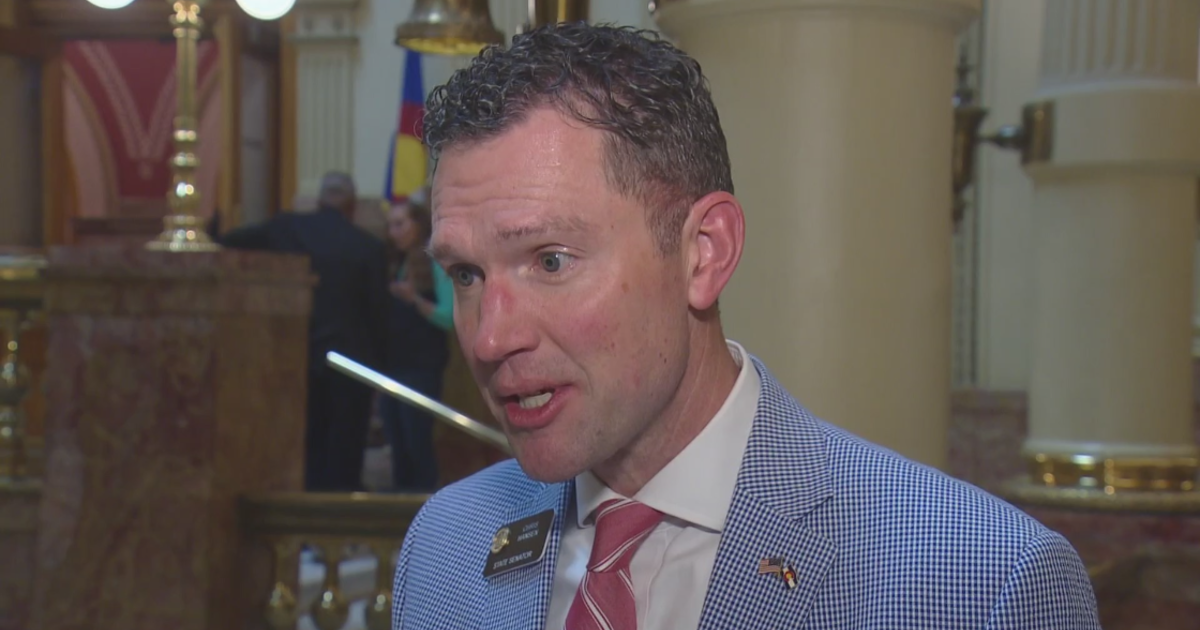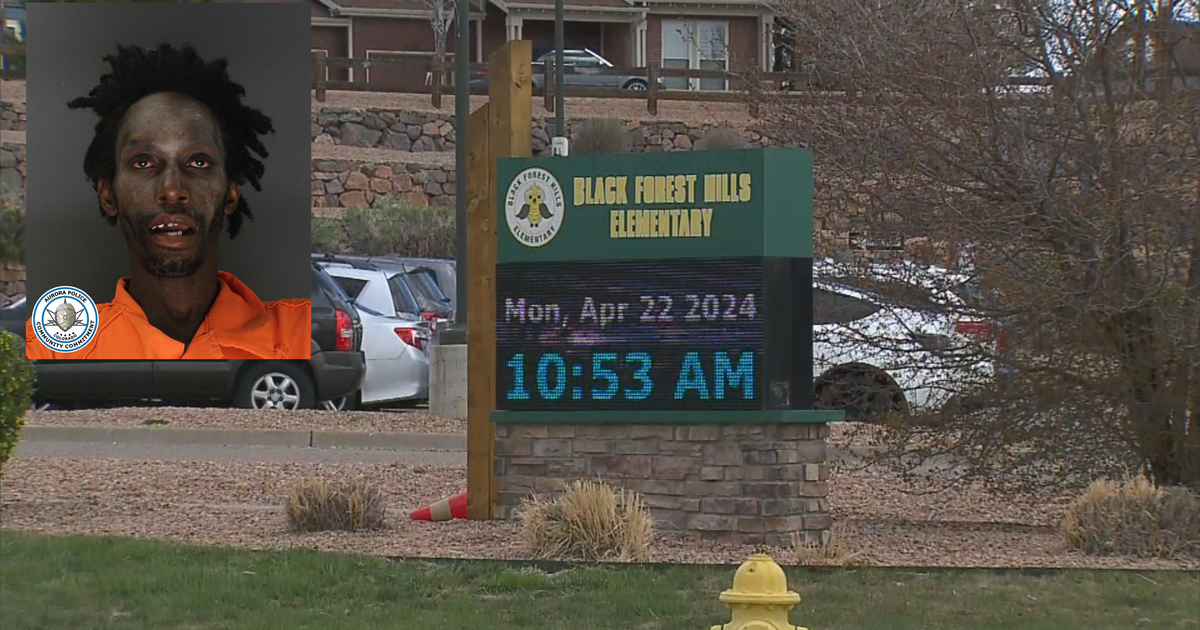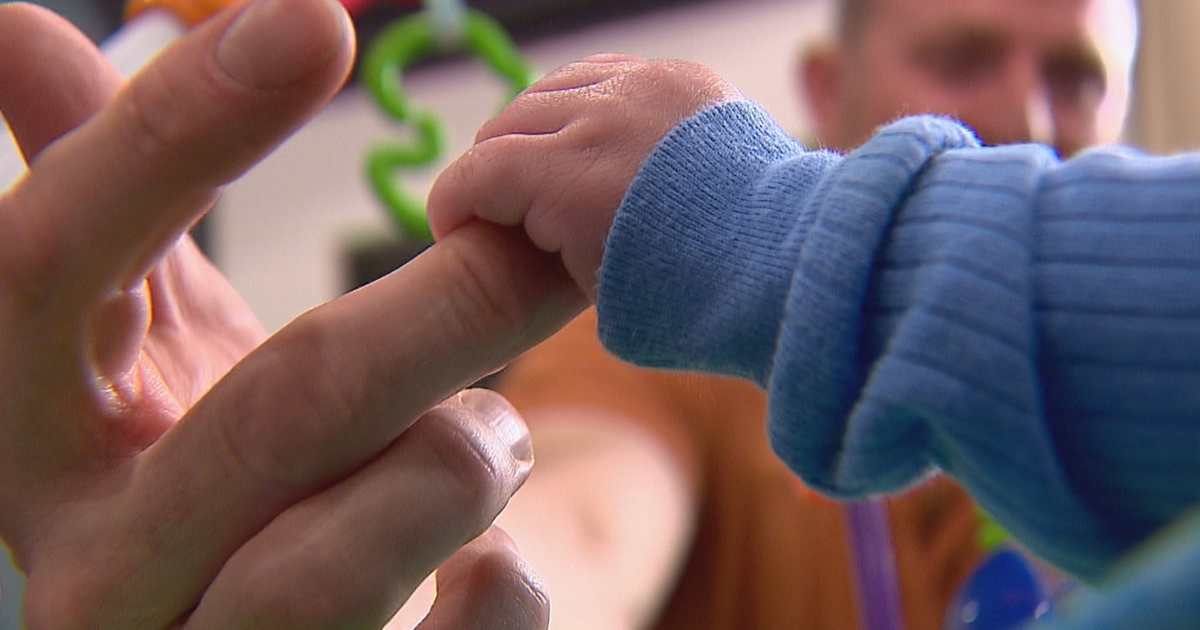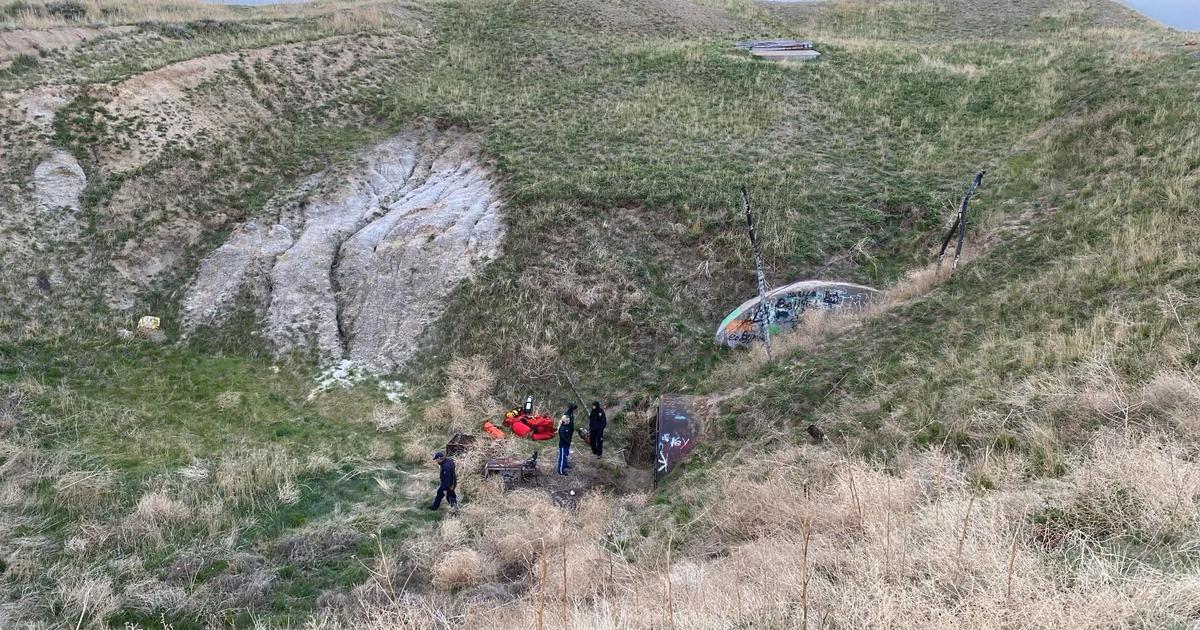It's Not Simply Getting Your 'Bell Rung'
Here's what you should know about the new thinking about concussions -- it's quite a bit different than what we all used to believe.
For example, there are no such things as "mild, moderate, or severe" concussions. Those classifications are out. There is no predicting how bad the injury is, and how long it will take to get better.
A seemingly light blow to the head can cause a worse brain injury than a tremendously hard hit. You don't even have to get knocked out.
It doesn't even take a blow to the head to cause a concussion. Just a snapping of the head can cause the brain to "bounce" inside of the skull -- causing brain cells to become bruised, swollen, and the connections between those cells to get overstretched.
RELATED: Texas Researcher Developing Concussion Pill
This type of damage can lead to a potpourri of symptoms including headaches, fogginess, problems with memory and concentration, sleeplessness, anxiety, depression, blurred vision, dizziness ... you name it.
Here's an interesting stat: 47 percent of people don't develop symptoms right away -- they don't even know they suffered a concussion.
There is no medicine to treat or cure these symptoms -- at this point. We now believe the best treatment for a concussion is "brain rest." Meaning not trying to tough it out. Pushing through schoolwork, a job, reading, working a smartphone or computer, even watching TV can worsen symptoms and delay healing.
As for testing, CT scans and MRIs can help rule out bleeding or other structural problems, but they are usually negative. That's why we call these injuries "invisible injuries." Something is wrong, we just can't visualize it.
Something called neuro-cognitive or neuropsychological testing for memory, balance, etc. can help monitor recovery.
The younger you are, the worse a concussion tends to be, and the recovery longer. Get a concussion and the more prone you are to get another, or multiple concussions, no matter your age.
There is no medication ... no equipment that will prevent a concussion. For example, despite claims to the contrary, there are no special football helmets or mouthguards that will prevent a concussion.
The bottom line: what we know about concussions and brain injury continues to improve. Effective treatments are in research. But in the meantime, any injury to the brain cannot be ignored, no matter how minor it may seem.
Here are a couple of resources for you:
- cdc.gov/concussion/index.html
- momsteam.com/health-safety/concussion-rates-high-school-sports



